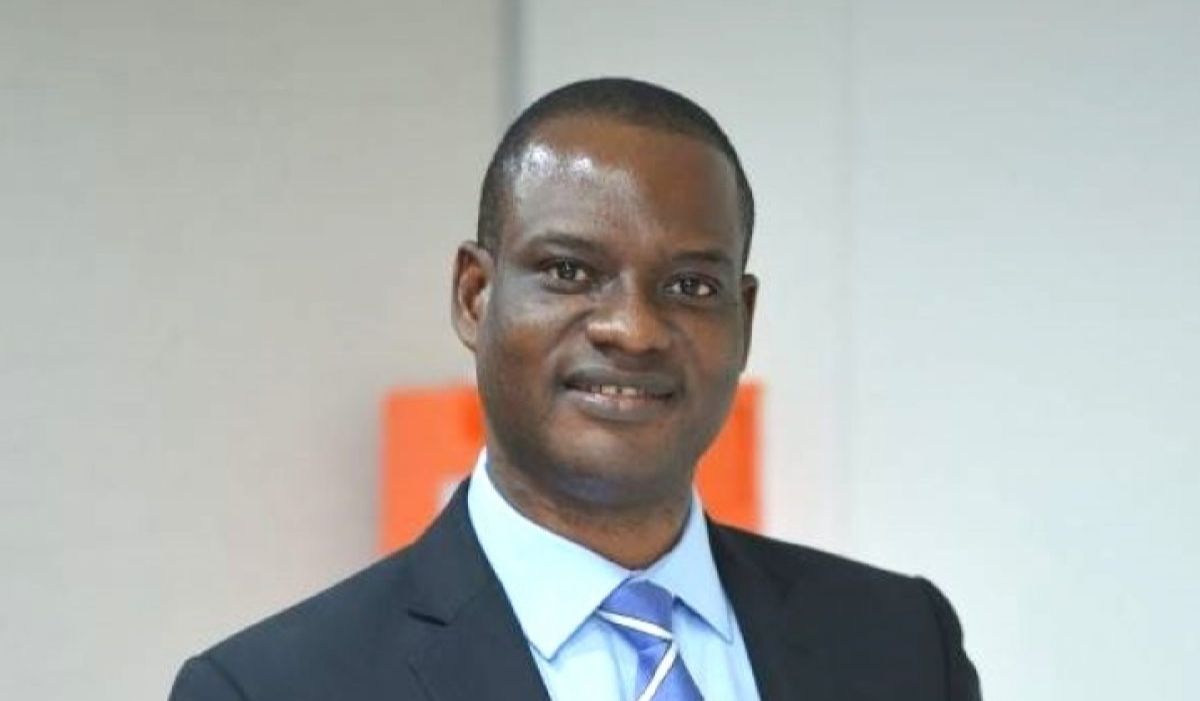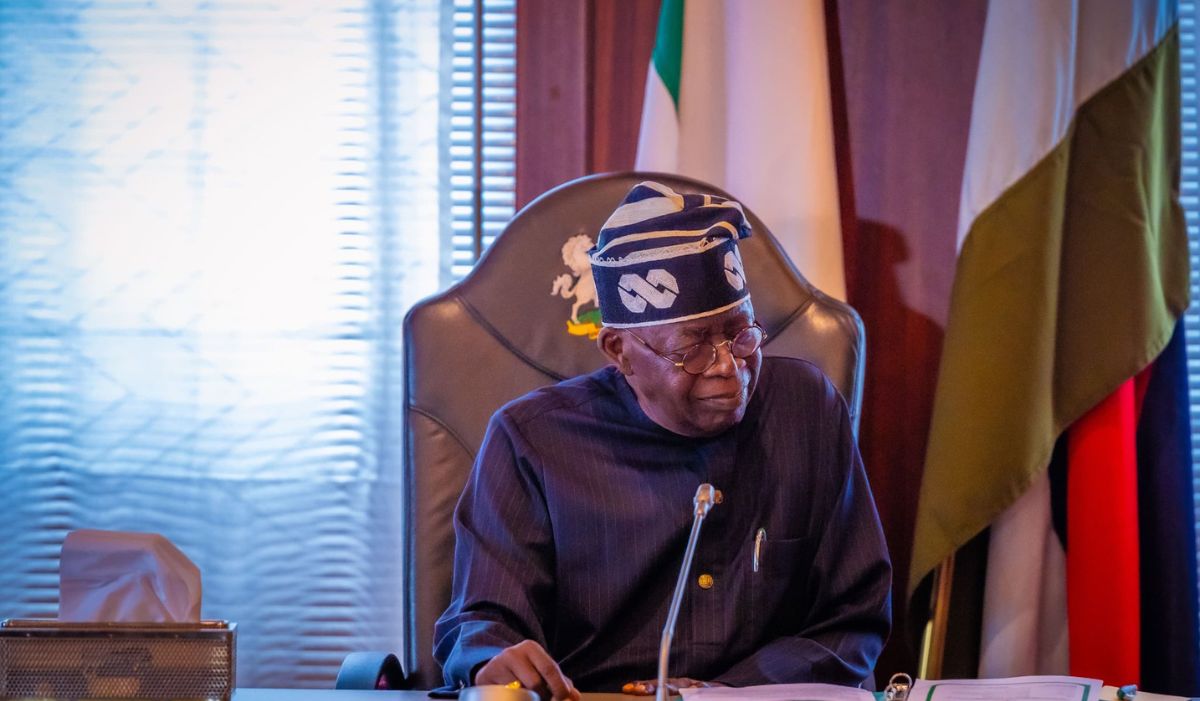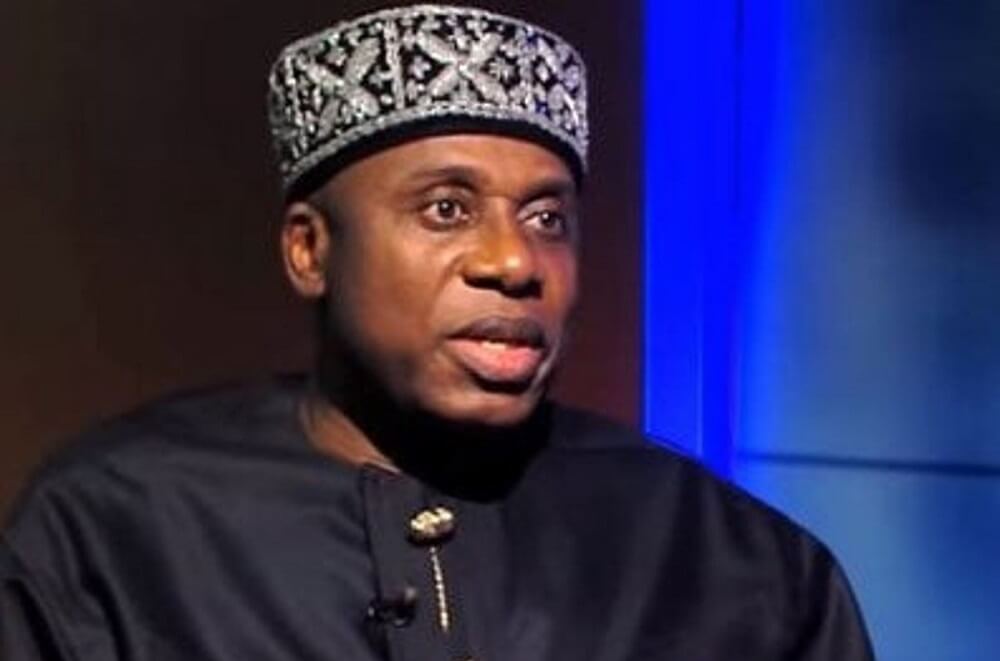Nigerians Earning ₦250,000 Or Less Monthly Won’t Pay Tax ..Taiwo Oyedele
The Chairman of the Presidential Committee on Fiscal Policy and Tax Reforms, Taiwo Oyedele, said that Nigerian households earning ₦250,000 or less per month are classified as poor and exempt from paying taxes under the new tax laws
The former tax leader at PriceWaterhouseCoopers (PwC) stated this on Channels Television’s Politics Today on Thursday, June 26, shortly after President Bola Tinubu assented to four new tax bills.
Oyedele said that the objectives of the new laws, which would take effect from January 2026, were not intended to increase taxes but to stimulate economic activity in the country and track tax evaders.
Oyedele stated that the new laws would also protect businesses and ensure that the government doesn’t tax poverty, adding that the new laws are efficiency-driven, growth-focused, and people-centric.
He said: “This tax law will not give you cash in your pocket, but at least it won’t take your cash away if you are poor.”
He said nobody earning below ₦250,000 would have to pay taxes because they don’t even have enough.
“We have eliminated the tax component for people at the bottom, we have reduced for people at the middle, and we have increased slightly for people at the top.
“That middle, we estimated it at about ₦1.8 to ₦2m a month. If you are earning that amount and below, your tax will not be zero but it will reduce from what you are paying today,” he stated, noting that those who earn this amount are about 5% of the total Nigerian population.
The tax boss said to arrive at a decision, his committee debated the poverty line of an average Nigerian.
Oyedele said, “We debated this question; we said: ‘Who is a poor person in Nigeria?
“First, we started with data like the World Bank and the UN will tell you two dollars, fifteen cents a day per person means you are at the poverty line but there are people who do not earn two dollars a day but they are not poor because they produce the food that they eat and they do not pay for transportation. I lived and grew up in the village.
“So, we had to factor that in. We drew our own (poverty) line for Nigeria…”






